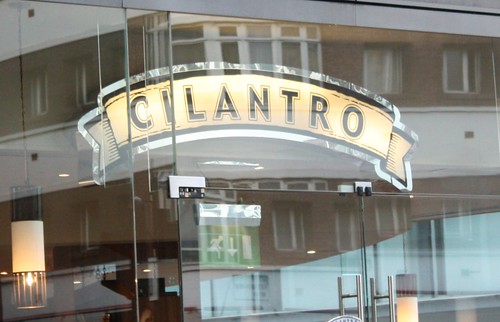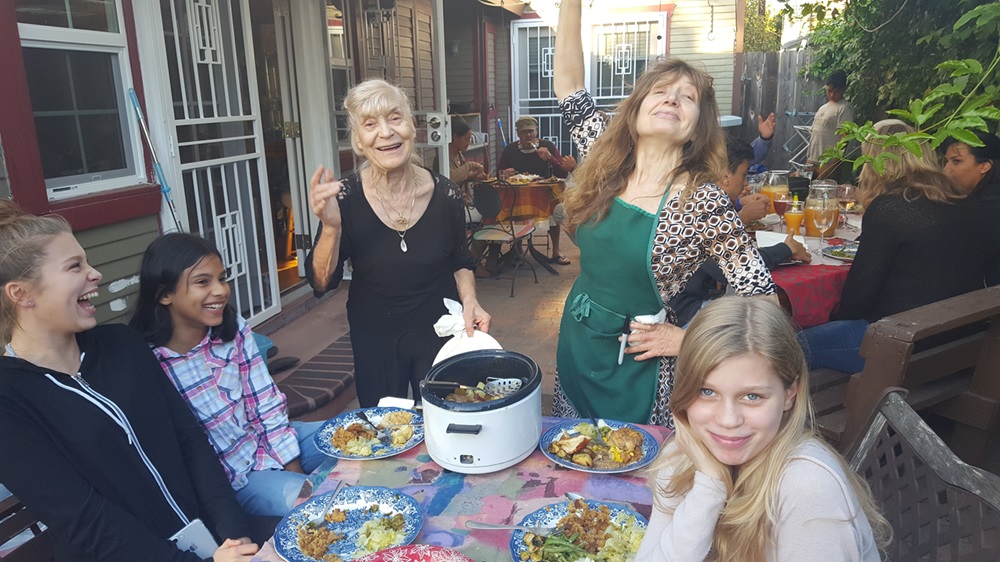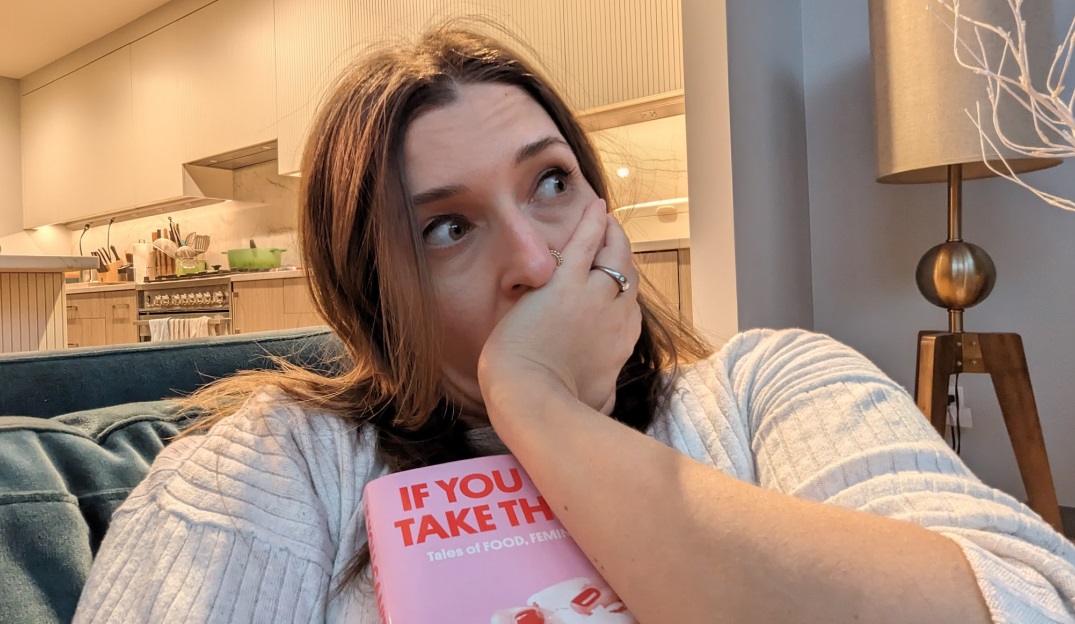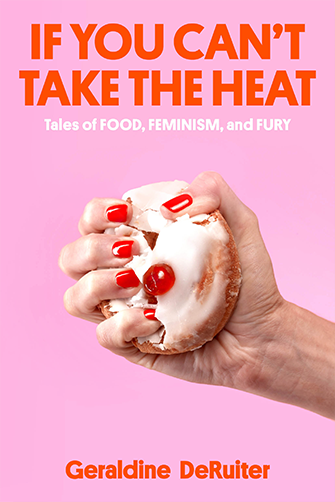Cilantro vs. Coriander, and The Verbal Bloodbath That Ensued.
There are some arguments that will consume you. They will take over your entire mind and body, so that you find yourself shaking with rage, unable to think of anything else. Your hands clench into fists, your teeth gnash together, and you are filled with anger and the conviction that DEAR GOD YOU ARE RIGHT AND THEY ARE SO, SO WRONG.
This is a story about one such argument.
I don’t remember how it began. Few great battles in history have marked beginnings. We say it was the assassination of Ferdinand, we suggest that it may have been the killing of Crispus Attucks and four others on a chilly night in Boston, but we are only guessing – trying to add sense and order to a situation where there likely isn’t one. Where there is only chaos and conflict.
I can tell you this: we were in London, and the turbulence at our table was in stark contrast to the unseasonably warm and sunny weather outside. I stated my piece, firm and reasonable, and was refuted by sheer madness. I shook my head. He shook his. Our voices grew louder. Our (okay, fine – my) attacks grew personal. I said some things about his mother, and her lack of a gag reflex, that I now regret. But still, I maintained my position. And that position is this: IT IS CALLED CILANTRO.
He disagreed, of course. “It’s called coriander,” he said, a claim which sounded all the more legitimate thanks to his English accent. If Patrick Stewart claimed that the sky was pink, we’d all believe it, on account of that damn accent. But I wouldn’t be so easily swayed.
“No one has ever been more wrong that you are now,” I said. Not even the guy who occasionally comments on my blog about how the holocaust never happened.
“I don’t see how I can be wrong if I’m telling you, factually, that’s what we call it,” he replied.
“And I’m telling you factually that YOUR FACE IS WRONG AND YOU ARE A TERRIBLE PERSON,” I screamed, and told him that I recently saw his mother servicing a fleet of young sailors. That was cruel and wrong. I really shouldn’t have said that, and most definitely should not have recreated the scene using Photoshop and some old beloved family photos.
He was undeterred, and kept pressing his point. I kept shaking my head. No, no, no. It made no sense. Perhaps we had misunderstood each other. Before it turned into an unfounded bloodbath, I needed to clarify that we were talking about the same thing.
“It has green leaves,” I said, my voice strained by vitriol, but still clear. “… it resembles parsley, and can be found in many Mexican dishes. Do you know what I’m referring to?”
“Yes. It’s a herb,” he said, making a point of pronouncing the “h” in front of the word “herb.”
I let out a half sigh, half growl. I could only handle one epic disagreement at a time. We’d address the proper pronunciation of “herb” later.
“Yes,” I said, teeth gritted. “The HHHHHHHERB.”
“Yes. The herb. Coriander.”
“CILANTRO.”
“It’s called CORIANDER.”
“AND YOUR MOTHER IS CALLED FOR A GOOD TIME.”
I don’t know how long we went on like that. It may have been minutes, or days, or weeks. Time has no meaning when you are yelling at an Englishman. My aunt has been married to a Brit for 50 years, and I am certain she would agree with this sentiment.
Looking back, I realize it was an entirely absurd argument. Here in the states, the entire plant is called coriander, as are the seeds. But the leaves are called cilantro (the Spanish word for the plant) and for clarity’s sake, it makes things much easier. Go to a store looking for coriander, and you’ll find a dried spice. Search for cilantro, and you’ll end up with a fresh, leafy herb. In the U.K., so I am told, the whole dang thing is called coriander, and the leaves are called, intuitively enough, coriander leaves (or, on occasion, Chinese Parsley). Ask for “cilantro” and you’ll get wrinkled brows and confused looks. It’s just not as common a word over there.
We might as well have been quarreling over eggplant versus aubergine. Like the superfluous “u” in “humour” and “colour”, the transposing of the letters “e” and “r” in words like “centre”, it was just one of many inconsequential things that separates the English and the Americans. There would be no resolution to this.
In the end, we agreed to disagree and I promised to stop pledging money to neo-Nazi organizations in his name. I suppose it was all for the best. After all, is it not our differences that make life interesting? If everything were the same everywhere, wouldn’t travel be pointless? Yes. OF COURSE. Of course. Our idiosyncrasies and foibles make the world grand, I reminded myself. And I believed all that nonsense of tolerance and goodwill until our last day in London. Right up until we were in a cab on our way out of town. That was when we saw this restaurant’s sign:

Forgive the terrible photo. I had rage fingers.
–
If you supposedly call the whole thing coriander, WHY THE HELL IS THERE A WHOLE CHAIN OF CAFES (with reportedly terribly food) CALLED CILANTRO? HUH? EXPLAIN THAT.
Your move, buddy.









Leave a Comment